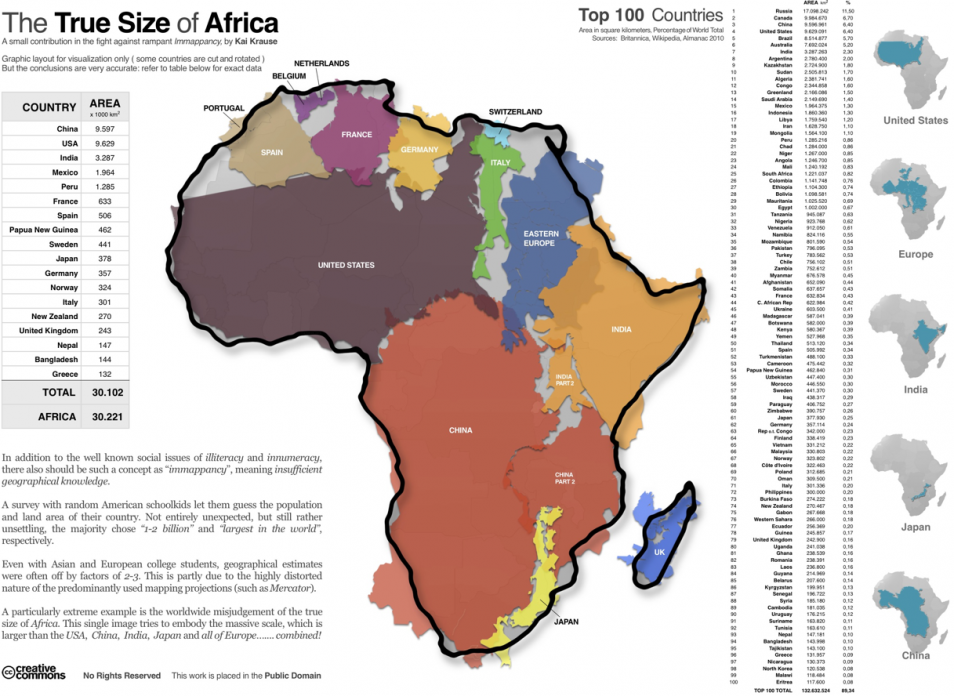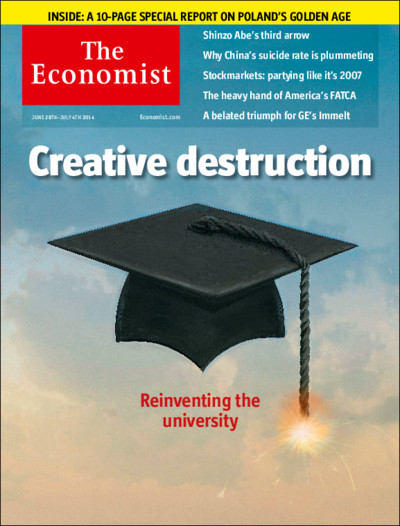Back in 1986, my employer sent me to Calcutta, as the city was known then, for a week-long training. I thought the HR folks made a mistake when they told me how to get to the YWCA hostel off Park Street, which is where they said I was going to stay for those few days. Yes, it was the YWCA--apparently an entire floor there was for men because there weren't enough single female renters.
That was my first co-ed residential life, though it was only for a few days. I made friends with a guy there, and as we stepped out one evening to get a meal, two women were heading out of the hostel as well. We ended up dining together.
During the conversations, when my friend lit up a cigarette, one of the women also followed suit. I remember being way too shocked at the sight of a woman smoking a cigarette, and commented something about it. Which is when the other young woman said that I would be even more shocked if I ever got to their floor, at the sight of women smoking
and drinking. Drinking too?
I was reminded of that image, hazy it is after all these years, when I met a woman my age at my friend's home during my recent visit. The way she was sitting and talking made me think that she could easily have been one of those smoking and drinking young women I met in 1986.
Sure enough, soon after the introductions, there she was outside smoking. We all got talking. She now lived in Singapore with her family, she said.
"How do you like Singapore?" I asked her.
I have spent a day or two in Singapore, a long time ago, when I used to travel via that city en route to/from India. And, of course, Singapore has always been a part of the academic explorations on economic development--it was one of the "tigers" we read about and discussed in graduate school.
"Let me tell you how I think of Singapore" she began as she inhaled what seemed like an eternity of a puff. I suppose it is very much an Indian thing not to get to the question with a direct response, but to tell a story instead. Like how this blogger does--this blog-post itself is an evidence!
"The national flower is an orchid, right?"
I nodded my head recalling all those flowers at the airport there. My friend and his wife also seemed to be waiting to hear her take on Singapore.
"The orchid is very pretty to look at. Wonderful colors. But, no smell whatsoever. We think of gorgeous flowers and their romantic smells. Nothing like that with the orchid. To me, that is what Singapore is. Clean, pretty, disciplined, and nice to look at. But, no life. No soul" she said and paused for another deep inhalation.
 |
| An orchid at home ... it stopped flowering a while ago :( |
That lifeless and soulless place of hers is
trying hard, perhaps too hard, to make it the best place:
Singapore has become a laboratory not only for testing how mass
surveillance and big-data analysis might prevent terrorism, but for
determining whether technology can be used to engineer a more harmonious
society.
Yep, in a country where "electronic surveillance of residents and visitors is pervasive and widely accepted"
The system uses a mixture of proprietary and commercial technology and is based on a "cognitive model"
designed to mimic the human thought process -- a key design feature
influenced by Poindexter's TIA system. RAHS, itself, doesn't think. It's
a tool that helps human beings sift huge stores of data for clues on
just about everything. It is designed to analyze information from
practically any source -- the input is almost incidental -- and to
create models that can be used to forecast potential events. Those
scenarios can then be shared across the Singaporean government and be
picked up by whatever ministry or department might find them useful.
Using a repository of information called an ideas database, RAHS and its
teams of analysts create "narratives" about how various threats or
strategic opportunities might play out. The point is not so much to
predict the future as to envision a number of potential futures that can
tell the government what to watch and when to dig further.
Yes, that reference to Poindexter's TIA is exactly what you think it is: the US' Total Information Awareness program that Bush's man, retired Navy Rear Adm. John Poindexter, led! So, yes, you Singaporeans, you may thank the US--if you are allowed to do so ;)
Not only does the government keep a close eye on what its citizens write
and say publicly, but it also has the legal authority to monitor all
manner of electronic communications, including phone calls, under
several domestic security laws aimed at preventing terrorism,
prosecuting drug dealing, and blocking the printing of "undesirable"
material. According to the civil rights watchdog Privacy International,
"the government has wide discretionary powers … to conduct searches
without warrants, as is normally required, if it determines that
national security, public safety or order, or the public interest are at
issue."
I wonder whether romantic poets ever wrote sonnets comparing their lovers to orchids. Maybe a poet employed by the Singaporean government, did, eh!
Whether it is the loved one, or a country, there is nothing called flawless. As that woman surrounded by cigarette smoke remarked, perhaps attempting to make something flawless will also make that lifeless and soulless.
I now have an additional interpretation for Shakespeare's Sonnet 130:
My mistress' eyes are nothing like the sun;
Coral is far more red than her lips' red;
If snow be white, why then her breasts are dun;
If hairs be wires, black wires grow on her head.
I have seen roses damask'd, red and white,
But no such roses see I in her cheeks;
And in some perfumes is there more delight
Than in the breath that from my mistress reeks.
I love to hear her speak, yet well I know
That music hath a far more pleasing sound;
I grant I never saw a goddess go;
My mistress, when she walks, treads on the ground:
And yet, by heaven, I think my love as rare
As any she belied with false compare.
The mistress was no orchid! ;)










